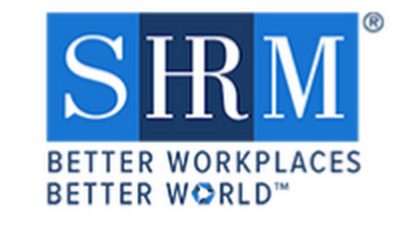‘SHRM did its part’
The CNMI chapter of the Society for Human Resource Management has done its share of helping local officials and the business community in trying to convince U.S. Congress to address the CNMI-Only Transitional Worker program issue.
SHRM president Francisco S. Ada told Saipan Tribune that the organization represents the human resource management professionals in the Commonwealth and they have provided information and assistance to their members—their companies and employees—since the CW1 visa program began in 2010.
“We’ve worked to provide speakers from [U.S. Citizenship and Immigration Service], legal experts, the Office of the Governor, and the CNMI’s representative to U.S. Congress to progressively address the issues of the visa program and its eventual conclusion,” said Ada.
He said their organization has worked with the administration, the CNMI representative, the Hotel Association of the Northern Mariana Islands, the Saipan Chamber of Commerce, and the Northern Marianas Business Alliance Corp.
“SHRM…has supported their efforts to convince U.S. Congress of our workforce needs, our local workforce shortage, and the necessity for continuing the transitional worker program to support our developing economy,” said Ada.
USCIS has reduced the CW1 cap from 13,000 to 10,000 and to 5,000 in the current fiscal year.
And with the CW1 program about to end in December 2019, the CNMI would lose a huge number of its workers unless S.B. 2325—introduced by Sen. Lisa Murkowski (R-Alaska)—becomes law.
S.B. 2325 passed the U.S. Senate last month and is now awaiting action at the U.S. House of Representatives. If it passes the U.S. House without amendments, the bill goes directly to the desk of President Donald Trump for his signature.
“We are now nearing that pending endpoint. Unless our government representatives, both local and congressional, are successful in their efforts to obtain passage of a statute to extend the program, SHRM’s members and other businesses in the community will lose many of their valued and essential employees,” said Ada.
He added that the CW1 visa program is a serious issue and situation in the CNMI. “The CNMI will lose long-time residents and contributors to our economy and our community. All of us will lose friends and workmates. Parents and their children may be separated.”
“SHRM has long understood the seriousness of this situation, as our members work daily with the staffing and the employee-related issues of their companies.”
He added that SHRM and its members have done its part in order to increase the numbers of locally hired workers through its various programs like recruiting off-island and mainland workers.
“[We’ve] done [our] part through hosting or participating in job fairs, providing workforce readiness programs, attending career days at local schools, supporting internship programs, and sponsoring workshops for managers and business leaders [to address] immigration, recruitment, and the training and development of our workforce,” said Ada.
He added that everyone in the CNMI—from the local government and business leaders, and other concerned community organizations—are doing their best to resolve the situation the Commonwealth faces.
“We know that they are working to convince decision makers, far away from our island home and not truly aware of our needs, that the CW1 program should continue. SHRM supports the passage of S.B. 2325 as being good for both our local and non-local workforce.”
“We encourage the businesses and citizens of the CNMI community to also support our governor and our [U.S.] representative in their efforts for the passage of this bill.”



























